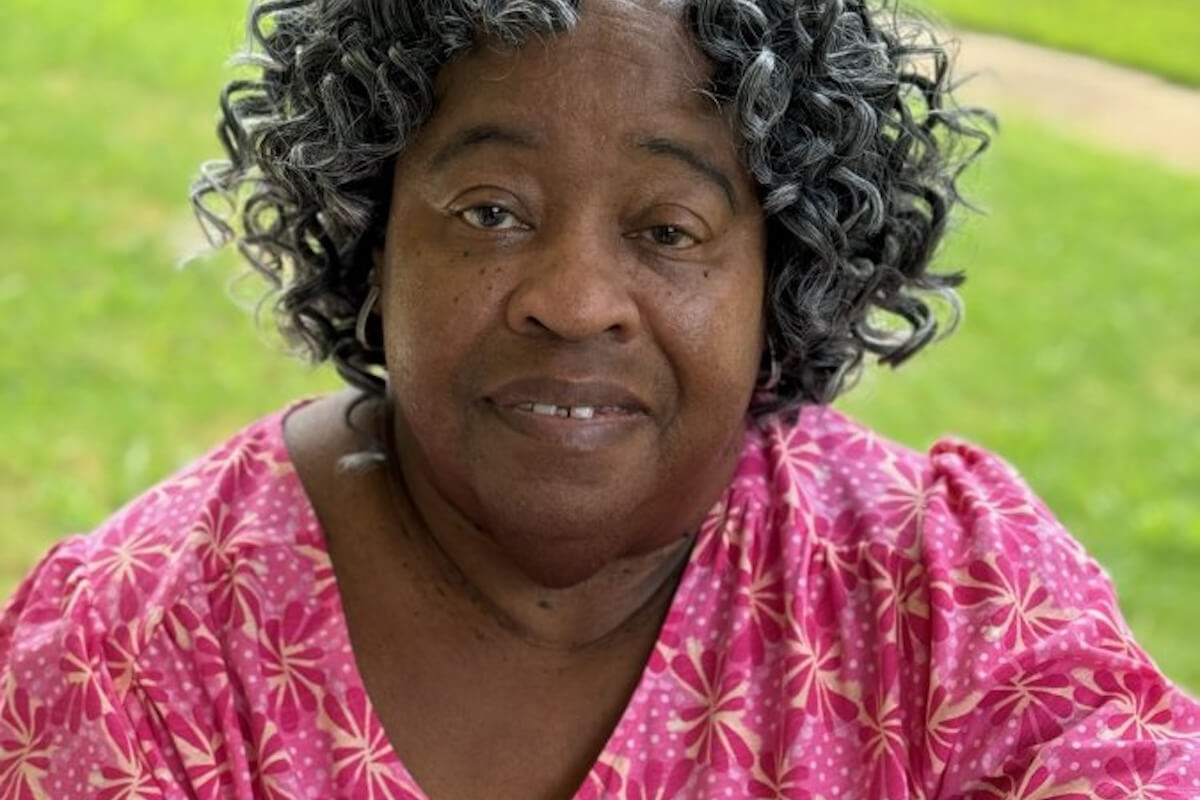For nearly three decades, Quincey Morris has been a quiet but powerful force for change in North Memphis. As Executive Director of the Klondike Smokey City Community Development Corporation (KSCCDC), she is dedicated to uplifting two of the city’s most historic neighborhoods. With a deep respect for the area’s legacy, Quincey is helping move the neighborhoods forward, one step at a time.
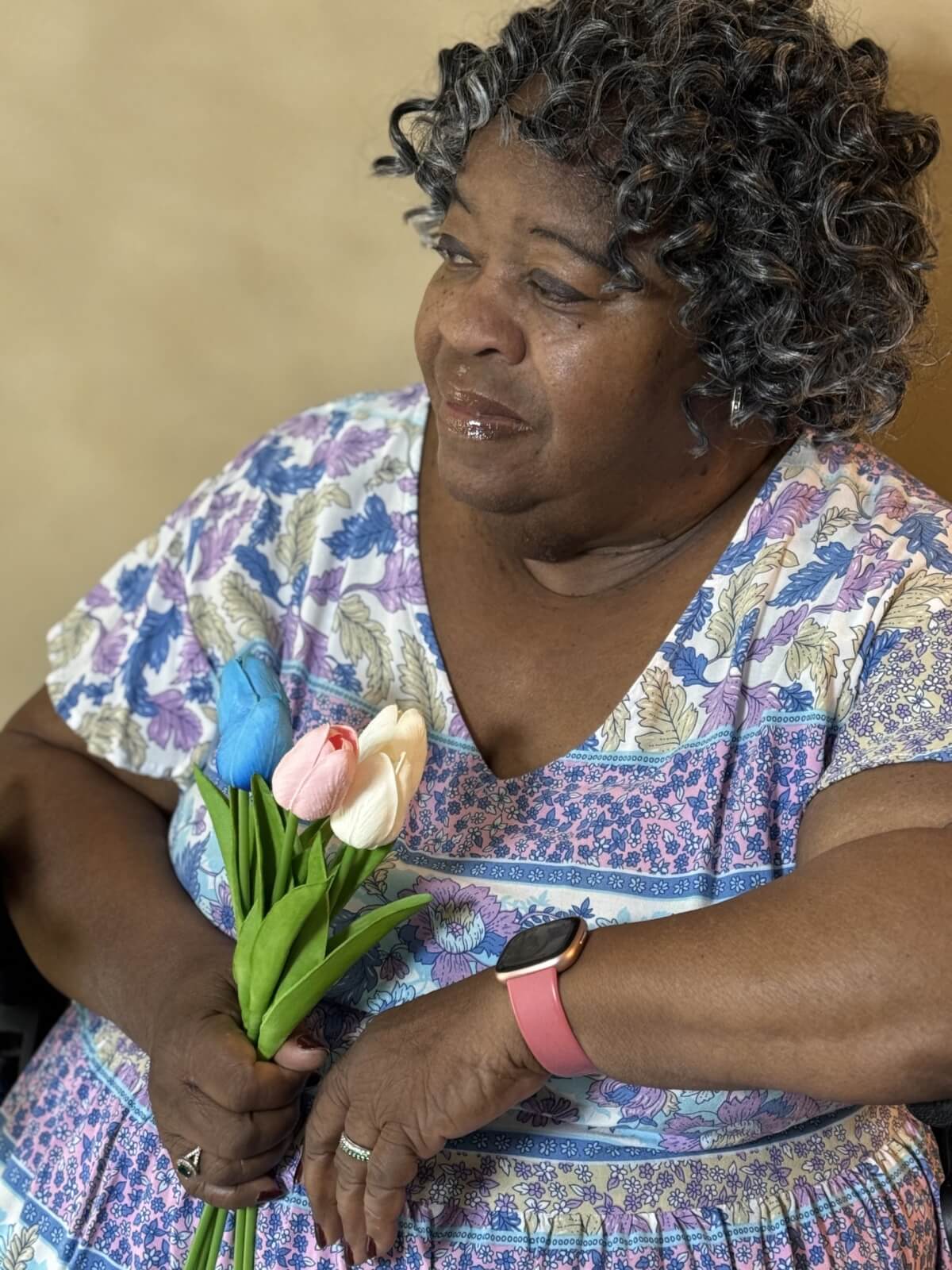
You’ve been leading the Klondike Smokey City Community Development Corporation since 1996. What first drew you to this work?
I attended community meetings with my mother and members of my church. I had a deep commitment to the community and a strong desire to see lasting change in my neighborhood, which had long been overlooked. Back in the mid-90s, Klondike and Smokey City were facing significant challenges – blighted properties, disinvestment, and limited opportunities for residents.
But they were also home to incredible history, culture, and resilience. I saw potential. I saw families who cared deeply, churches that were anchors, and young people who deserved more options for their future. I wanted to be part of building something that gave people a reason to stay, hope, and thrive.
Klondike and Smokey City are two of the most historic neighborhoods in Memphis. How do you balance honoring that legacy with focusing on the future?
Balancing legacy with progress starts with listening. Our neighborhoods carry the stories of Black excellence, entrepreneurship, music, and civil rights that helped shape Memphis. Honoring that means preserving what’s meaningful – whether it’s a historic building, a longtime resident’s voice, or a neighborhood tradition. But honoring the past doesn’t mean staying stuck in it. We also must create pathways for the future: affordable housing, business opportunities, safe streets, and strong schools.
We protect the roots, but we also plant new seeds. Every new project we take on is filtered through that lens. Does it respect who we’ve been? And does it move us toward who we want to be? When you keep both in view, sustainable progress happens.
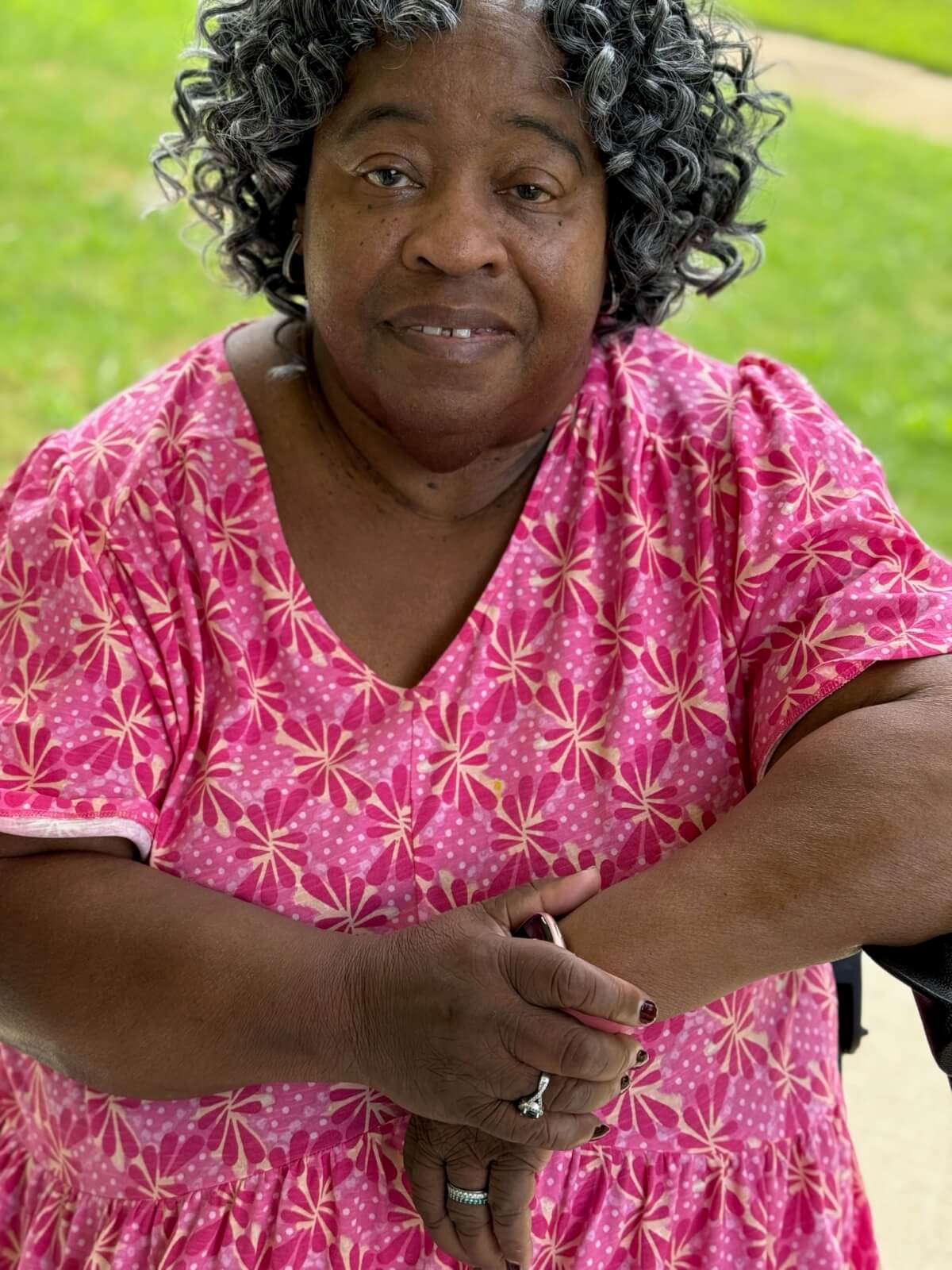
How do you approach economic development in a way that respects the fabric of the community?
For us, economic development isn’t just about bringing in businesses or new buildings. It’s about building wealth with the community, not on top of it. Development that doesn’t include existing residents in the planning, hiring, or ownership isn’t true progress — it’s displacement.
It also means preserving cultural landmarks and making sure new developments fit the character of the neighborhood. At the end of the day, economic development should feel like something you helped shape, not something that just happened to you. If we’re doing it right, residents can walk down the street, point to a new project, and say, “That’s ours.”
What does effective community leadership look like to you?
Effective community leadership is grounded in trust, vision, and service. It’s about empowering others, creating lasting positive change, and fostering a sense of belonging.
A good leader engages with community members, actively listens to their concerns and aspirations, and makes decisions based on shared values, not personal agendas. They show up consistently and make themselves approachable to all members, especially those often overlooked. Rather than acting as the sole voice, they create opportunities for others to lead, participate, and grow.
Effective leaders build bridges between neighborhoods, organizations, businesses, and governments to tackle problems collectively. They move ideas into action – whatever the community needs, they push for real progress.
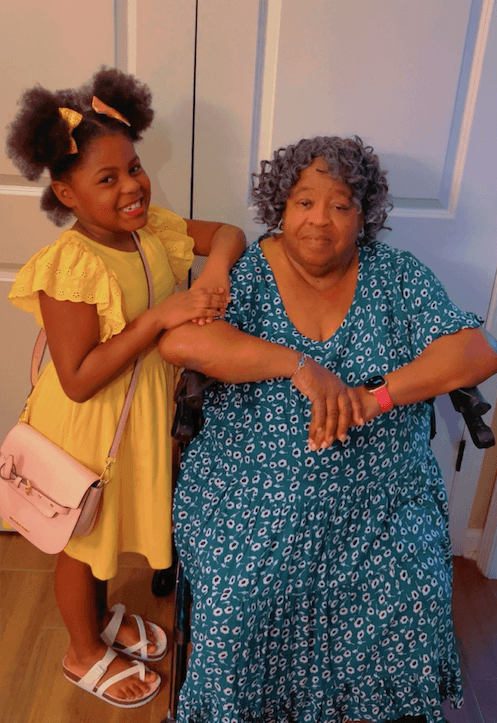
What win makes you most proud in your decades of work with KSCCDC?
One of the wins I’m most proud of is acquiring 150 lots from the Shelby County Landbank, a milestone many believed was out of reach for us. We were told we didn’t have the capacity or the influence to pull it off. But through persistence, strategic planning, and deep belief in our mission, we proved them wrong. That victory wasn’t just about land. It was about reclaiming power and possibility for our community.
KSCCDC has maintained and stabilized the 150 lots; eventually, we will develop them with community input.
The “Moving Klondike Forward” initiative was a major step toward revitalization. What are some of the most exciting elements of that plan?
The “Moving Klondike Forward” initiative is a master plan for visionary, inclusive revitalization of the historic Klondike neighborhood in North Memphis. Some of its most exciting elements are:
The Klondike Community Land Trust (KCLT) maintains long‐term affordability and a diversity of housing types for local, income‐qualified households, preventing displacement even as property values rise.
The formation of a Tax Increment Financing (TIF) District that funnels tax revenue into Klondike. Funds are earmarked for affordable housing or home repair; streets, sidewalks, lighting, parks, and trails; environmental clean-up and remediation, and public facilities and spaces.
We ensured that priorities were shaped by current residents through deep community engagement throughout master planning. Project partners such as The Works, Neighborhood Preservation, and local foundations work closely with community members to retain local leadership and ownership.
Transformation of the former Northside High School into Northside Square — an $81 million project set for late 2025 — will include affordable apartments, nonprofit commercial space, community programs, and the Memphis Symphony Orchestra’s neighborhood hub!
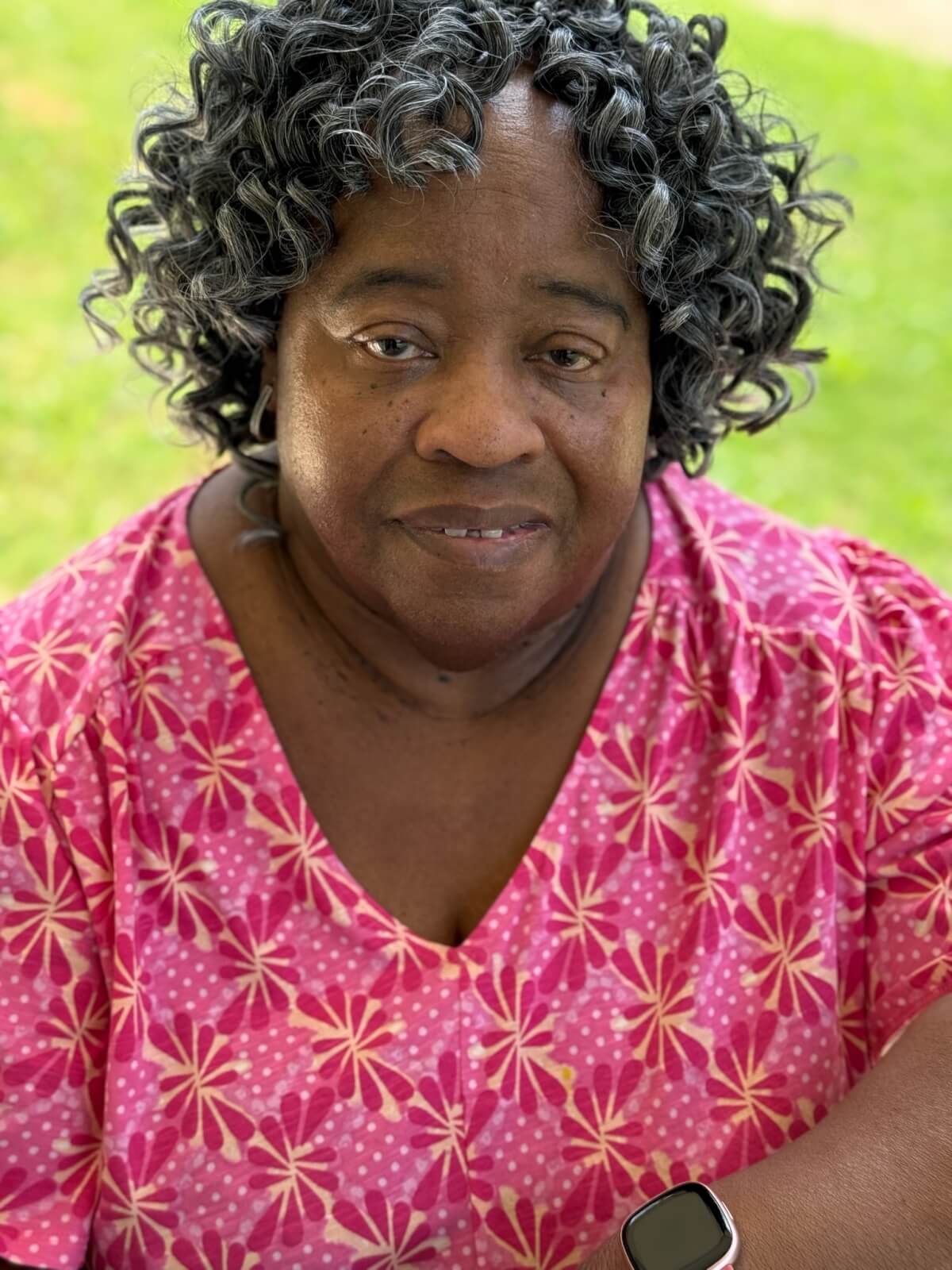
What’s something you wish more people outside of Klondike Smokey City understood about this community?
Klondike and Smokey City are two of the oldest and most historic neighborhoods in North Memphis. Numerous civil rights leaders have called the area home, including two of the Memphis 13, the first children to integrate Memphis public schools. Tom Lee, the African-American man who rescued 32 people from a sinking steamship in 1925 near the park that now bears his name, was awarded a house in Klondike for his heroism.
What’s the best advice you’ve ever gotten?
Look for God in everything you do.
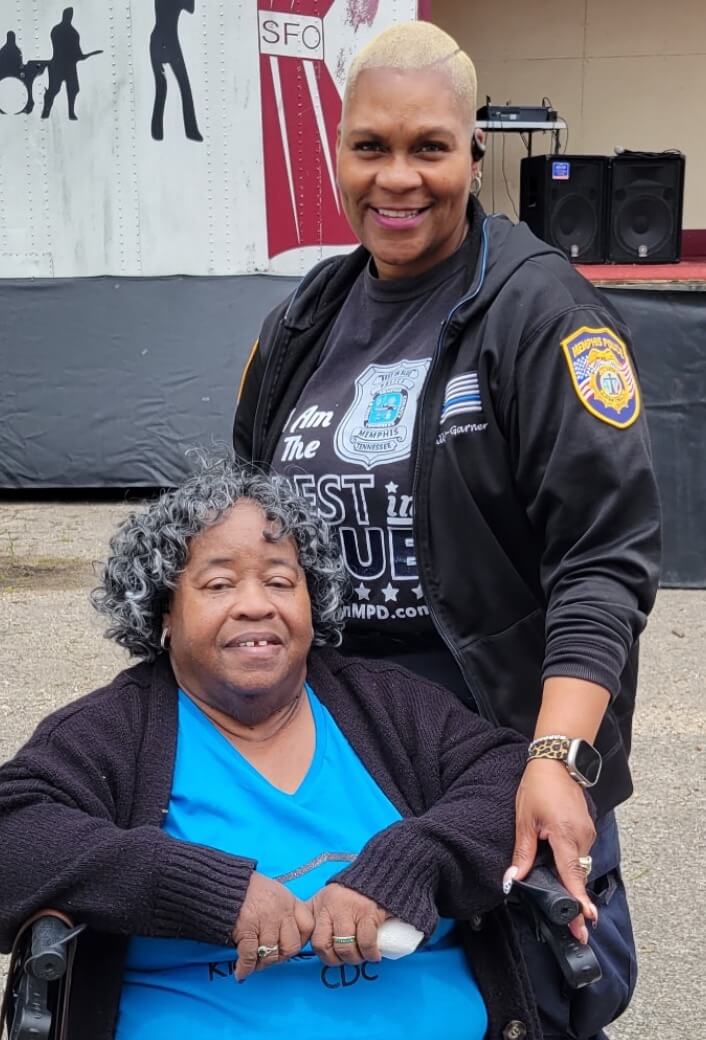
Aside from faith, family, and friends, what are three things you can’t live without?
My recliner, my TV, and my grandbaby making me laugh.
**********
For more inspiring FACES of Memphis, check out our archives!



















